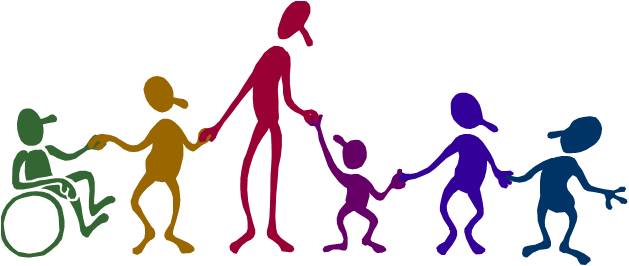Before this week, I had never heard of the term microaggression. What I have learned is that, unfortunately, in our current society slights and missteps are made numerous times each day, usually by even the most well-intentioned people. While I try my best to always take others feelings into consideration, I know that there are times that my subconscious kicks in and I might say something that causes another to feel shamed or invalidated to some degree.
Just this week, I saw a man switch lines at the grocery store after noticing who was in front of him in line after making a judgment based on the woman's appearance. I, myself, felt disappointed and lost confidence when I was referred to as a "babysitter" a few days ago. Additionally, I know that my daughter questioned her personal and family culture after her friend asked her what she does on Sundays if she doesn't go to church.
I know that the work I do is valuable and that I plan to excel in my career in Early Childhood education. I also know that while I own and operate a family child care home, to some I am still just a babysitter. They will never know what I have sacrificed and still do sacrifice so that I can do the work that I do and strive to make myself available to my children while they are still young. This does not mean that I am unaffected by the words that I hear, and although I usually attempt to use them as motivation and drive I certainly do not forget them.
I don't know that i will ever know what it feels like to have some make a snap judgment about me based on my looks, as I closely resemble most members of American dominant society. What I do know is that I truly felt for the woman who was being avoided based on presumptions made about her race, religion, and culture. On one level I was glad that my children did not witness this occurrence, but alternately, had they noticed, I would have found this a great opportunity to talk with my children about diversity, respect, and acceptance.
Finally, I know that as my children get older they will have to find greater levels of confidence so that they may handle cultural situations as they arise. What I fear is the times that they will feel negatively about who they are based on another person's opinions or behaviors. It is my intention to provide them with a strong moral compass and the ability to trust in themselves and act in a manner they can feel proud of.

